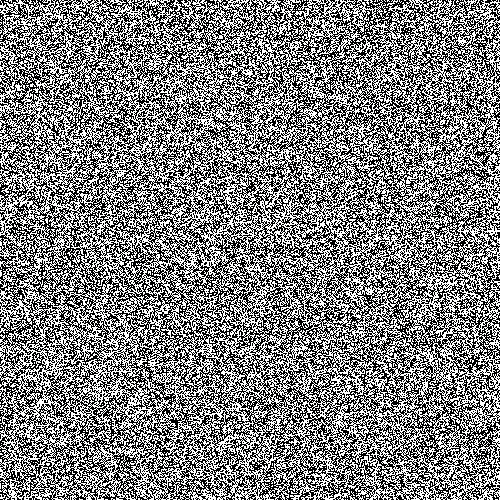I disagree. There is a substance in the universe which is a compound of two gases, hydrogen and oxygen. The names we give this substance and its elements are completely arbitrary and conventional. But the existence of the substance and its elements are facts - features of reality - that have nothing to do with language or description.Sculptor wrote: ↑Tue Apr 09, 2024 12:43 pmThis is just nomination and tautology. Nothing to do with objectivity and subjectivity, except to the degree that people have agreed upo the convention of calling water H2O. Other opinons may differ. eau no they don't . eau yes they DO!!Peter Holmes wrote: ↑Tue Apr 09, 2024 10:52 amThanks for this. Here are a few counters.Sculptor wrote: ↑Tue Apr 09, 2024 9:34 am
Objectivity can only be attributed to a relationship, not the thing in itself.
Whether a thing is objective or subjective talks to the relationship between the observer and the observed.
Subjective is when we make comments about or apprend something and make it subject to our point of view.
Objective is a much harder to claim to ever make. This is when we try to make statements about something are pretend to delete our personal view point. To do this we are forced to reference others' opinions (which are subjective), or try to establish criteria with which to describe that thing and are agreed by "all".
The problems with this are legion. SInce objectivity has to entail inter-subjective agreement we can never be sure whether or no our language community or peer group's criteria are those which best describe the thing of interest.
Subjectivity and objectivity are about judgements, and values.
1 To make a factual assertion - such as 'water is H2O' - is not to pretend to delete one's personal viewpoint. We can 'prefix' any factual assertion with adverbial 'In my (our) opinion...', and that has no bearing on the truth-value of the assertion - and that's what objectivity is all about.
Not so. What some of us call water is what some of us call a compound of what some us call hydrogen and oxygen. That linguistic consensus - within the practice and discourse of chemistry - has no bearing on the nature of water, which has existed for millions of years as a fact of reality, evidence for the existence of which is overwhelming. You mistake what we now say about this feature of reality for the reality itself.No. "water is H2O" is not a fact of reality. It is a fact of our scientific culture, and only true in the last couple of 100 years.
It is exactly a consensus of our langauge community.
Not so. A scientific theory is an explanation based on observation, and is therefore inductive. It may contain deductions, given those inductive conclusions. But that's irrelevant here, because we're dealing with the nature of facts, not arguments.
Water is H2O is not about induction. It is based on a chemical theory of matter. It is deductive.
This is just word play.
Since all facts can be challenged and that their existence is useful, all facts are values, since they are valued.
1 The fact that any factual assertion can be challenged doesn't mean it is 'a value'. There's no logical connection between these two assertions.
2 Yes, we value true factual assertions because they are useful. They constitute our knowledge of reality, without which we're sunk.
3 Gold is not 'a value'. We may value it - care about it, prize it, want to possess it. And we may give it an exchange value. Try listing the properties of gold; being 'a value' is not one of them.
Agreed. And what discredits a scientific theory about a fact is a different fact. Water turned out not to be one of the four fundamental elements, but rather a compound of hydrogen and oxygen. And this did and does nothing to undermine objectivity or the existence of facts. On the contrary, it confirms them.
THough it may be hard to imagine, it is at least possible that our current chemical theory could be found wanting and H2O is water could fall intto disuse and ridicule. Such is the case for all discredited scientific theories.
Water is ond of 4 elements of nature was "objective", and factual, Yet no longer has value.
